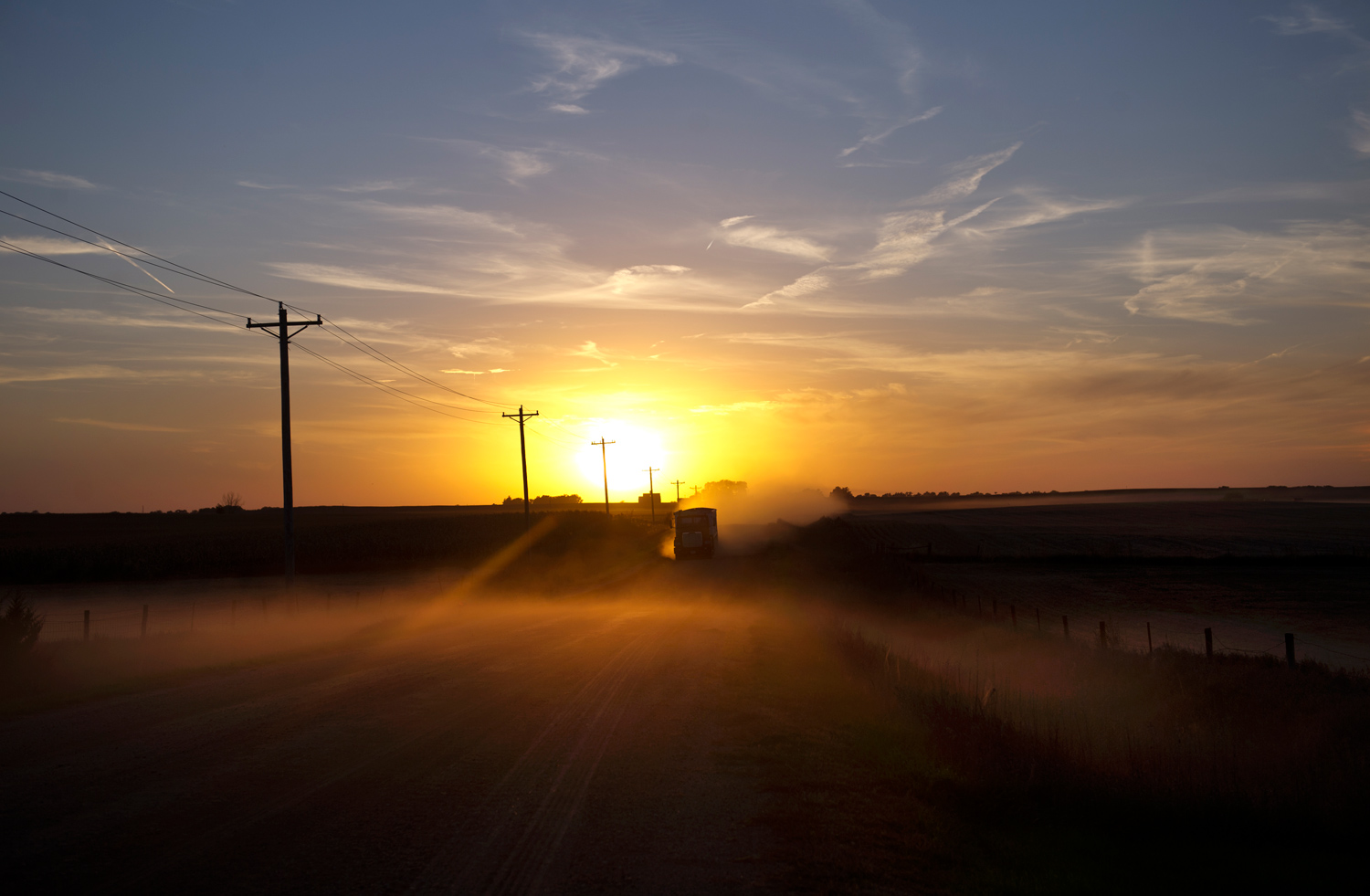
The night before the tenth anniversary of September 11, I flew out to San Antonio to begin a three-week road trip across America with TIME columnist Joe Klein, from Laredo, Texas up to Des Moines, Iowa.
In the seat next to me, a beautiful woman sat caring for her quadriplegic son, who was sitting in the adjacent row with her daughter. Susan Bradley and her daughter were tender and attentive with Matt in a way that made me think his injuries were new. I, shooting my first assignment in the U.S. after 11 years of covering conflict in Afghanistan, Iraq, Pakistan, Congo, Darfur, Lebanon, Somalia and Libya, assumed he was injured at war. Matt was 24, the age of so many young, American men I have spent years with on military embeds in Afghanistan, documenting the war unfolding over the years and witnessing heavy combat and brutal injuries.
As it turns out, Matt had nothing to do with Afghanistan. Like almost everyone Joe and I would meet on the road trip, the war rested on the periphery of their lives, and their primary concerns were here at home. Matt, a football player in college, and the son of a professional football player, had been rafting in Sacramento, California, when he stepped in to rescue a woman being abused by her boyfriend. As Matt walked away, the man allegedly followed him with a mag-light, and beat him on the back of the neck with the heavy flashlight, causing spinal cord injuries that left him paralyzed.
I don’t know why that moment stuck with me. I just immediately connect everything to the wars I have been covering overseas, and that’s not the case back home. I wrongly assumed all Americans at home were as consumed with our troops in Afghanistan as I was abroad.
Over the last decade, I have come to know details about most Afghan warlords, the infinite humanitarian crises across Africa, statistics of maternal mortality rates of women around the world, but I’ve become a stranger in my own country, unfamiliar with the pertinent issues at home and with what Americans are thinking the year before another presidential election. I generally don’t follow domestic news that much aside from how it relates to the stories I’m covering abroad, like what Americans think of the War in Afghanistan.
In three weeks of extensive interviews and casual conversations, I don’t remember a single person, except for veteran Anthony Smith, who was hit by a rocket-propelled grenade in Iraq, bringing up the wars in Afghanistan and Iraq, without being prompted by a pointed question. Almost everyone spoke about the economy, healthcare and unemployment. People are polarized. Some are angry, and many say they are disillusioned with President Obama.
Working with Joe was quite an honor—for me, it was like a free education of politics in America. I sat in a lot of his interviews and asked him a lot of questions. Of course, I felt incredibly ignorant, because so often they were questions I should known the answers to—about politics in the States, who was running, what their platforms were. But I honestly hadn’t been following them that closely because I’ve been gone.
In fact, I’ve been gone so long that it took a while to familiarize myself with what the scenes were of the story in each city, and what the reoccurring topics of discussion were. Once I did that, I felt like I needed more time to go back and actually shoot because we moved so quickly. The pace of traveling to one city a day made it difficult for me to figure out what there was to shoot. It’s not like there was a specific protest or news event going on. It was just the city, or a gas station, or a diner, so I had to really talk to people and find out where I need to be as a photographer.
Overall though, it was really nice to be home. It was nice to be in my own country, where I didn’t need a translator or a driver. Where I didn’t need to figure out cultural references or what hijab I needed to wear to cover my hair. Americans are really lovely people—friendly, kind and willing to help you out. For me, it was incredibly humbling to come back and spend three weeks just talking to Americans all across the country and listening to what they had to stay.
Lynsey Addario is a regular contributor to TIME. See more of her work here.
Read Joe Klein’s cover story from the Oct. 24, 2011 issue of TIME [available to subscribers] here.
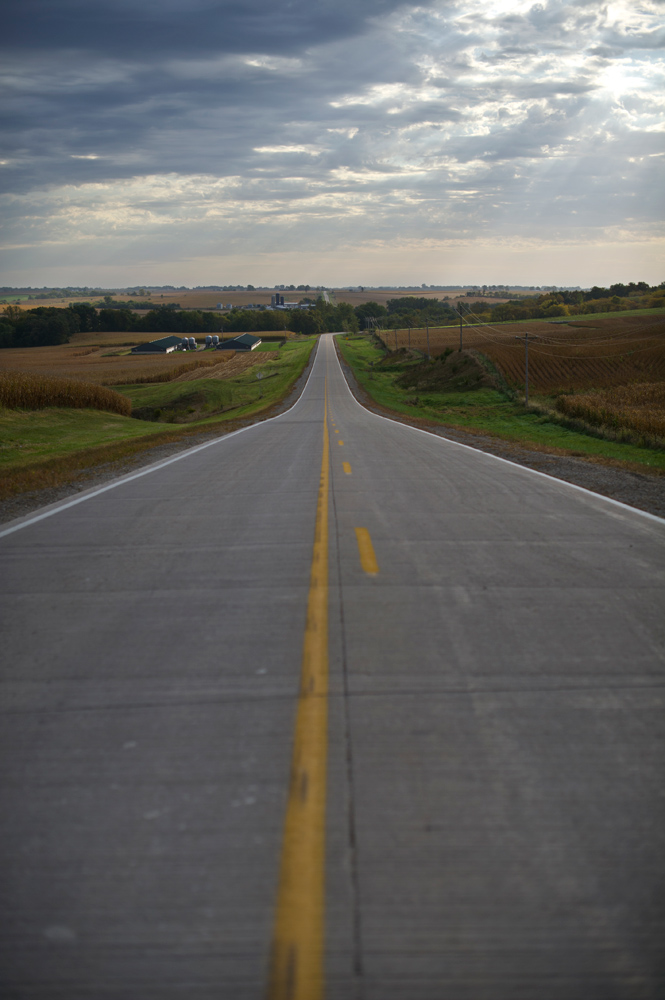
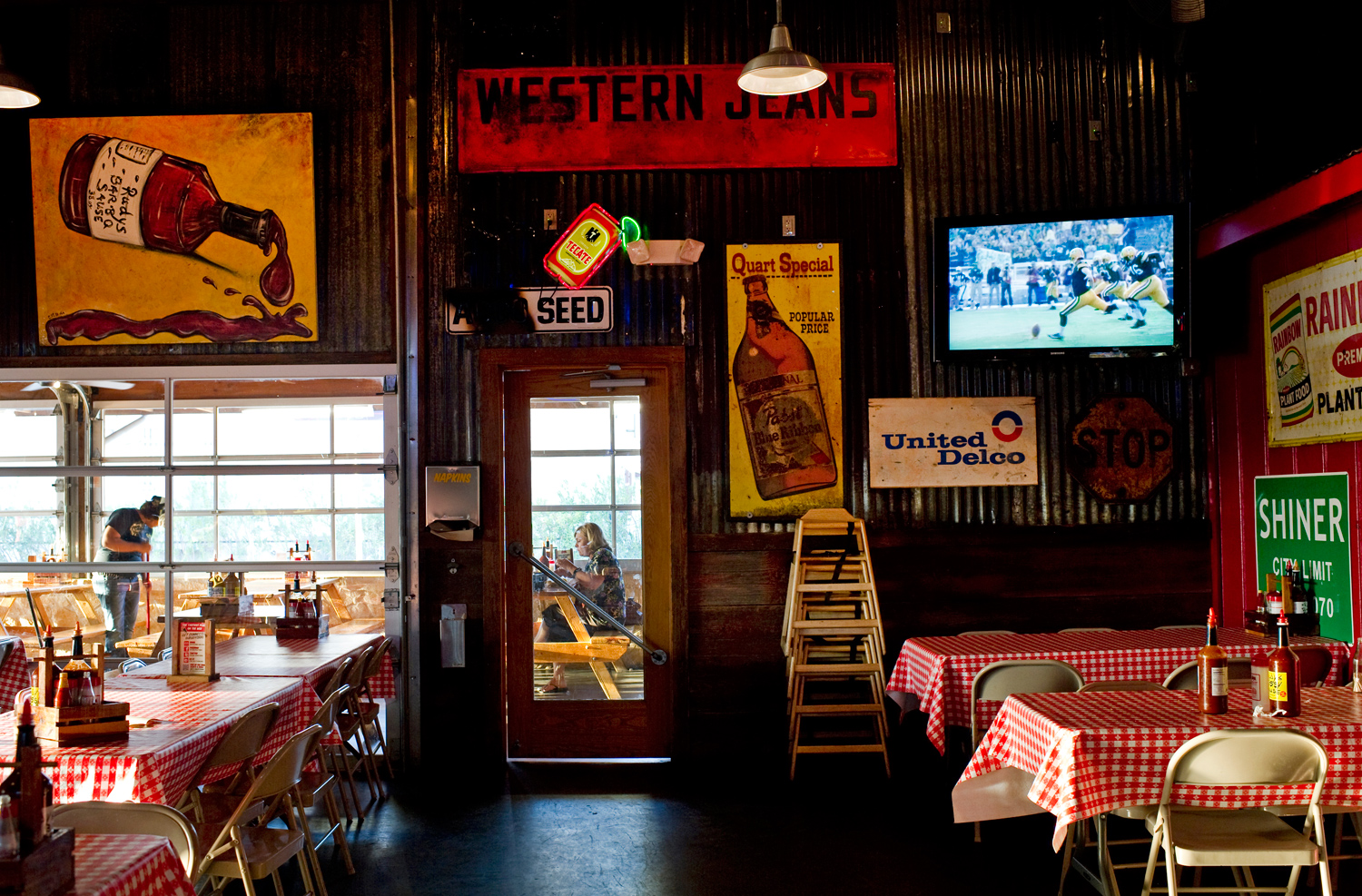
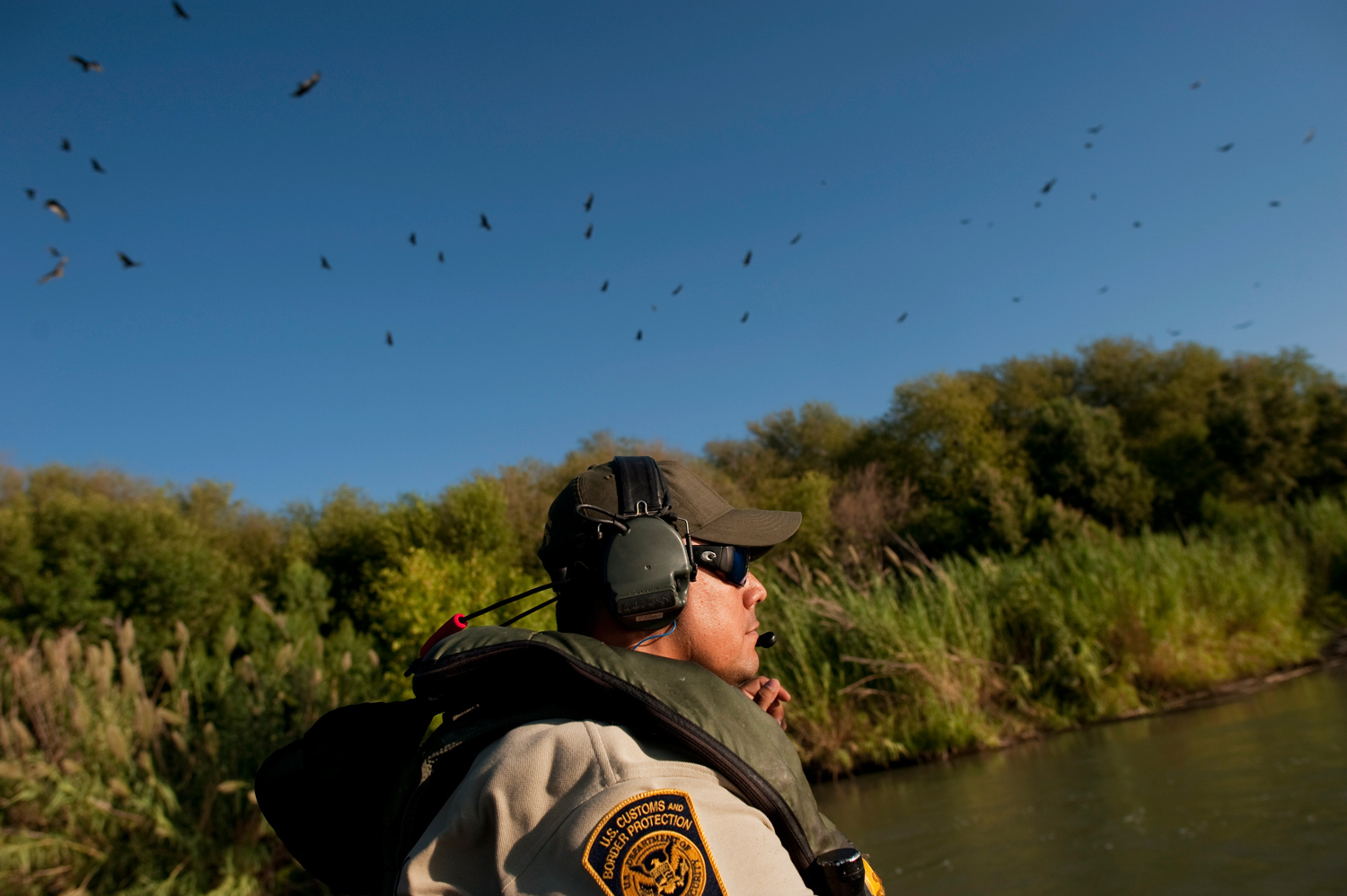
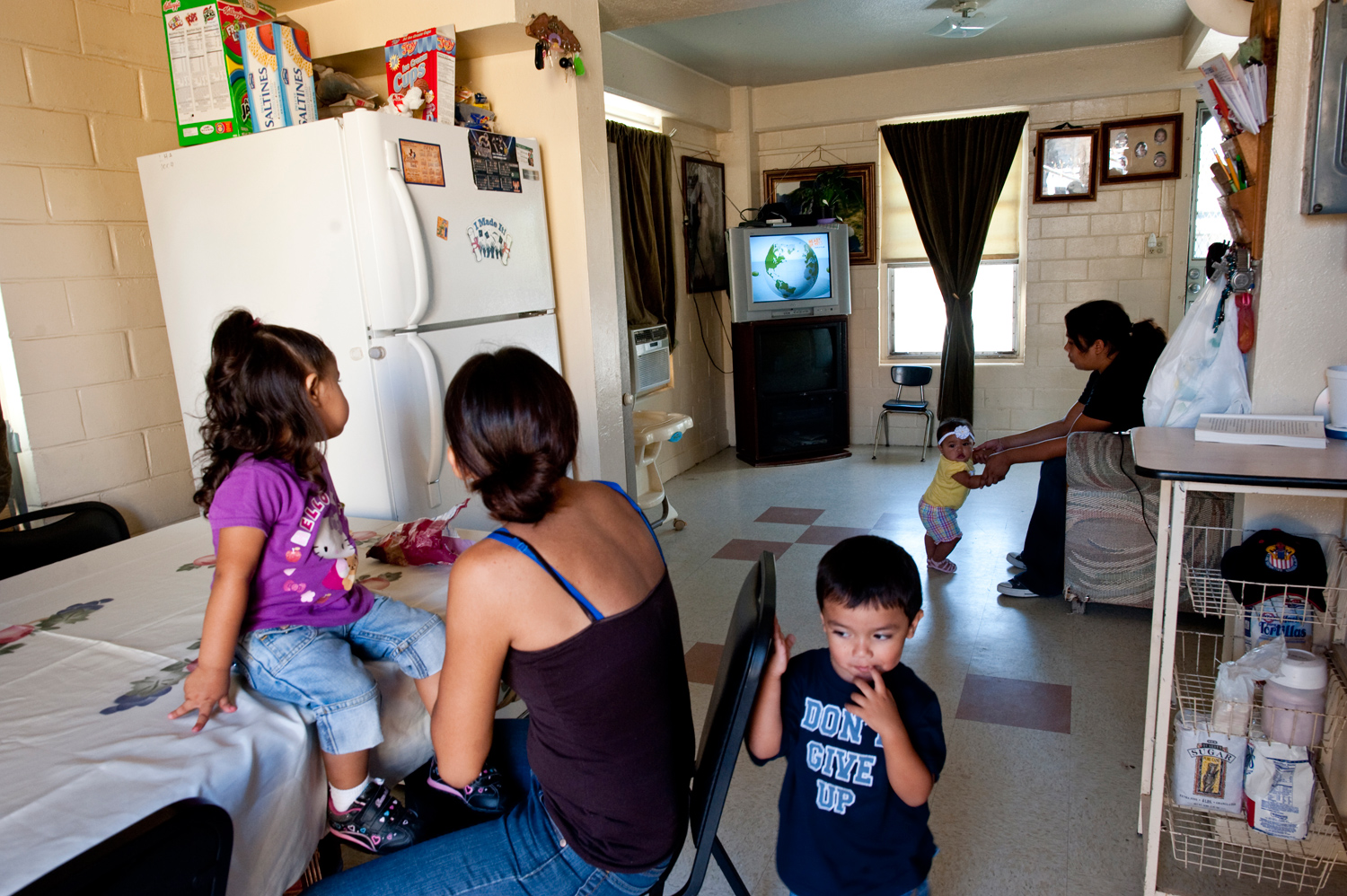
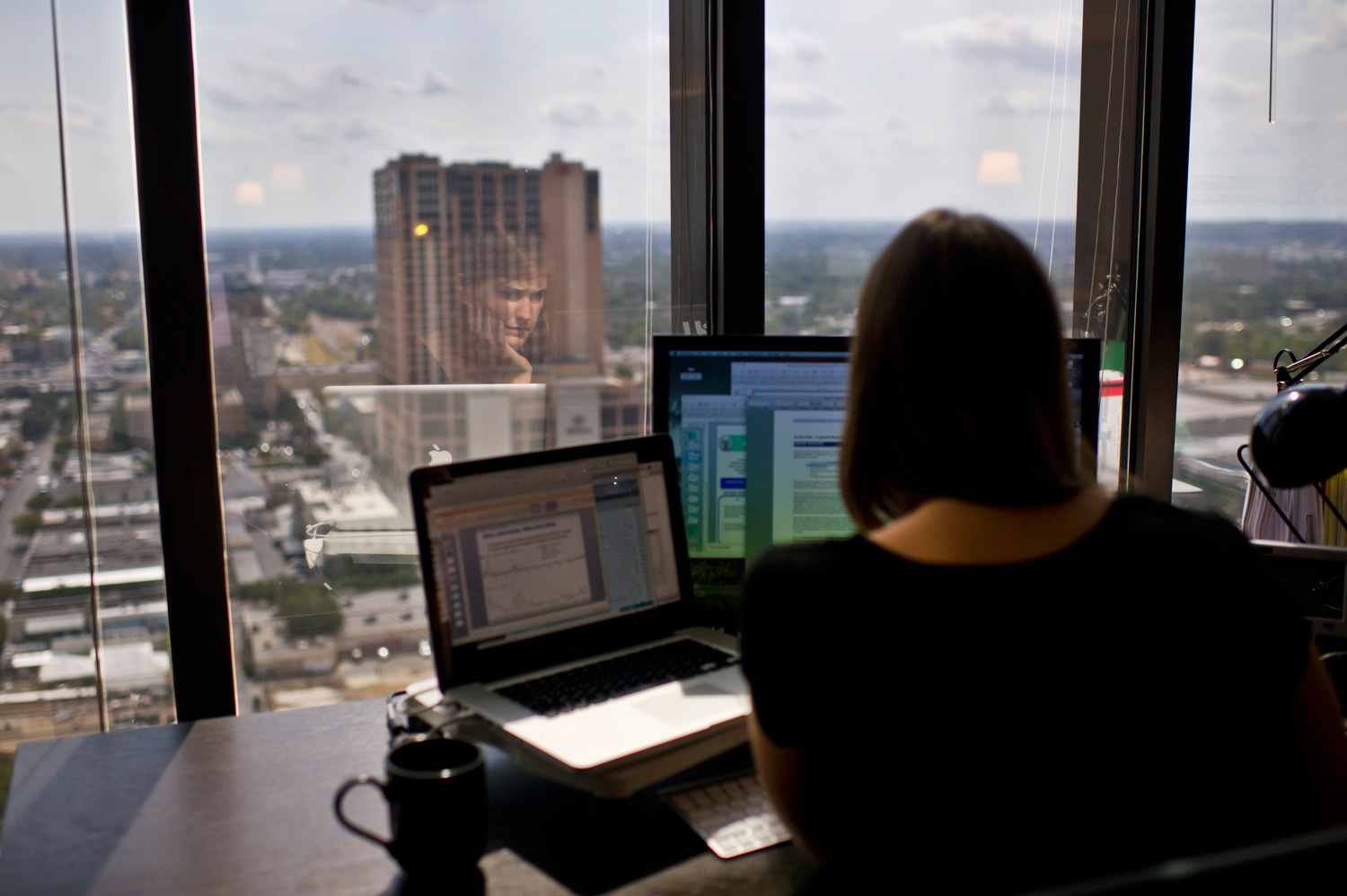
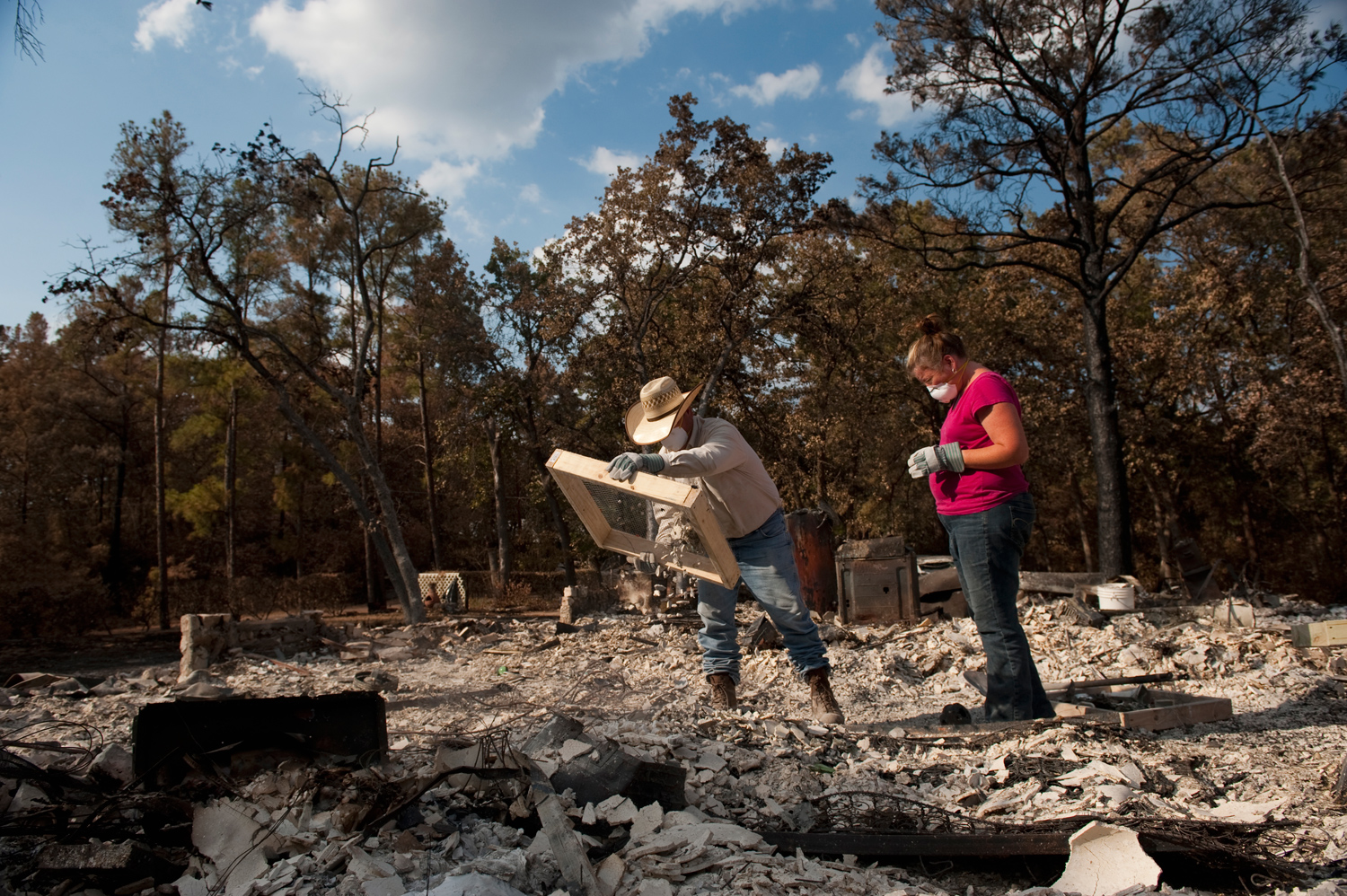

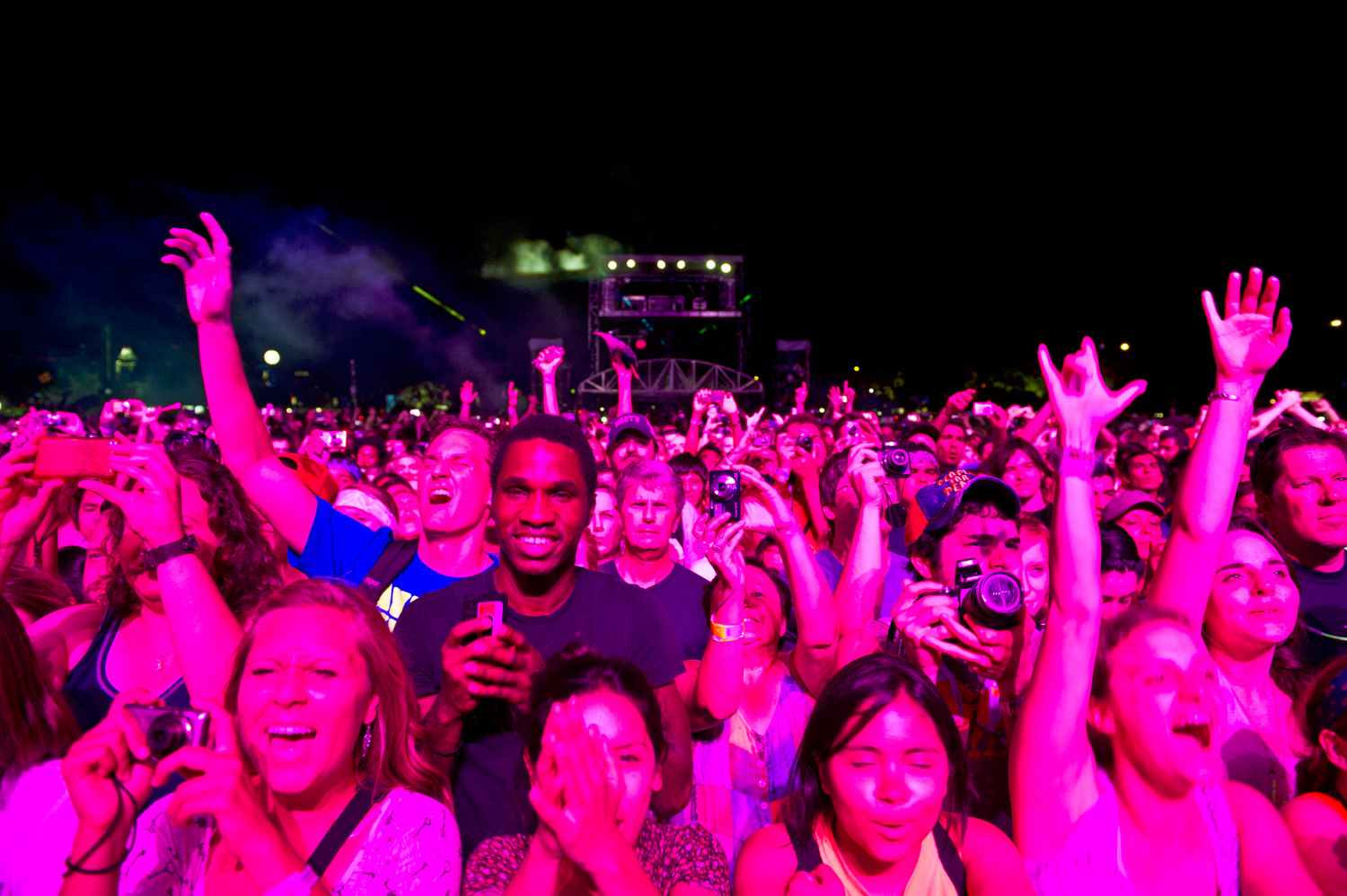
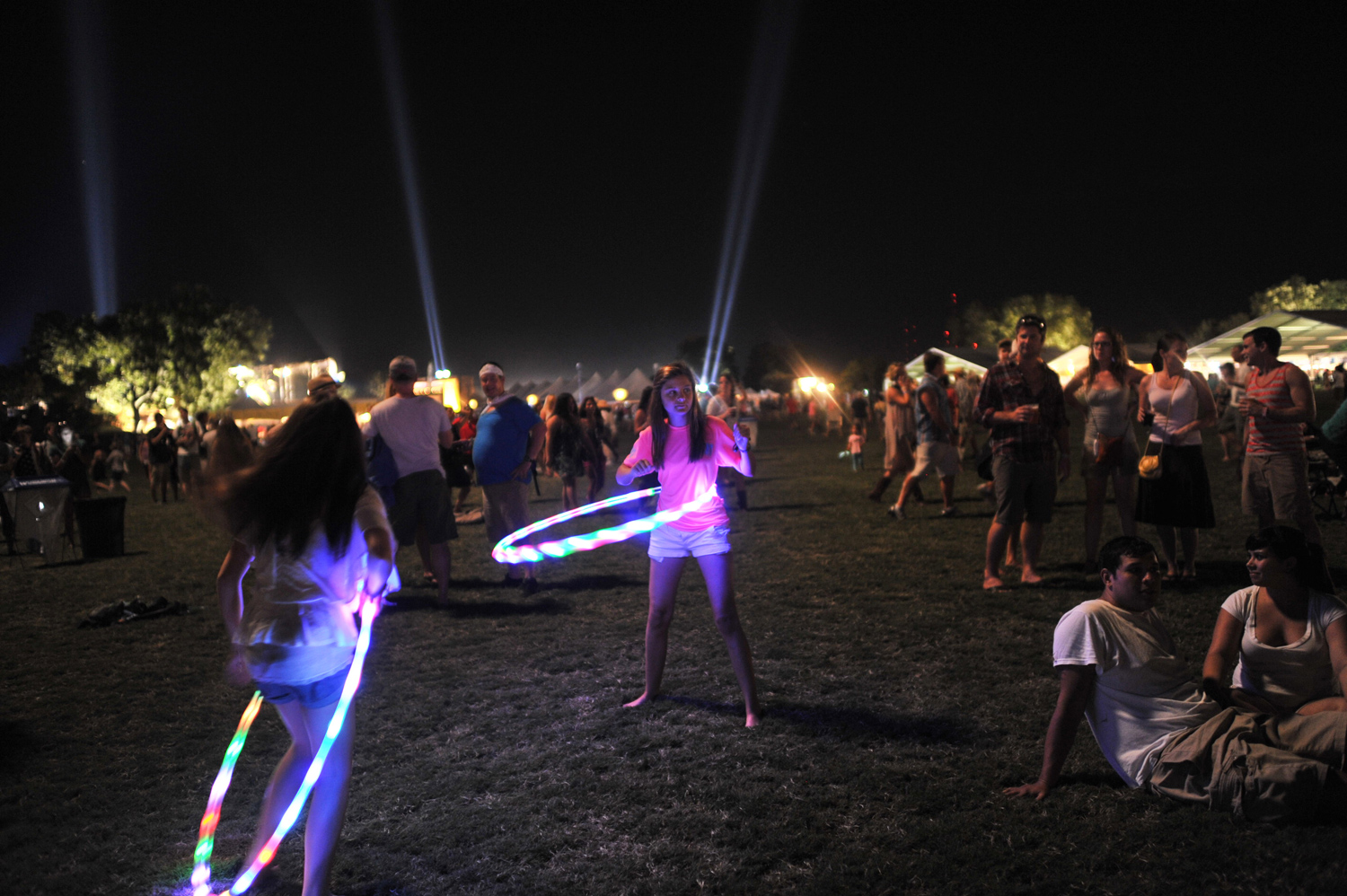
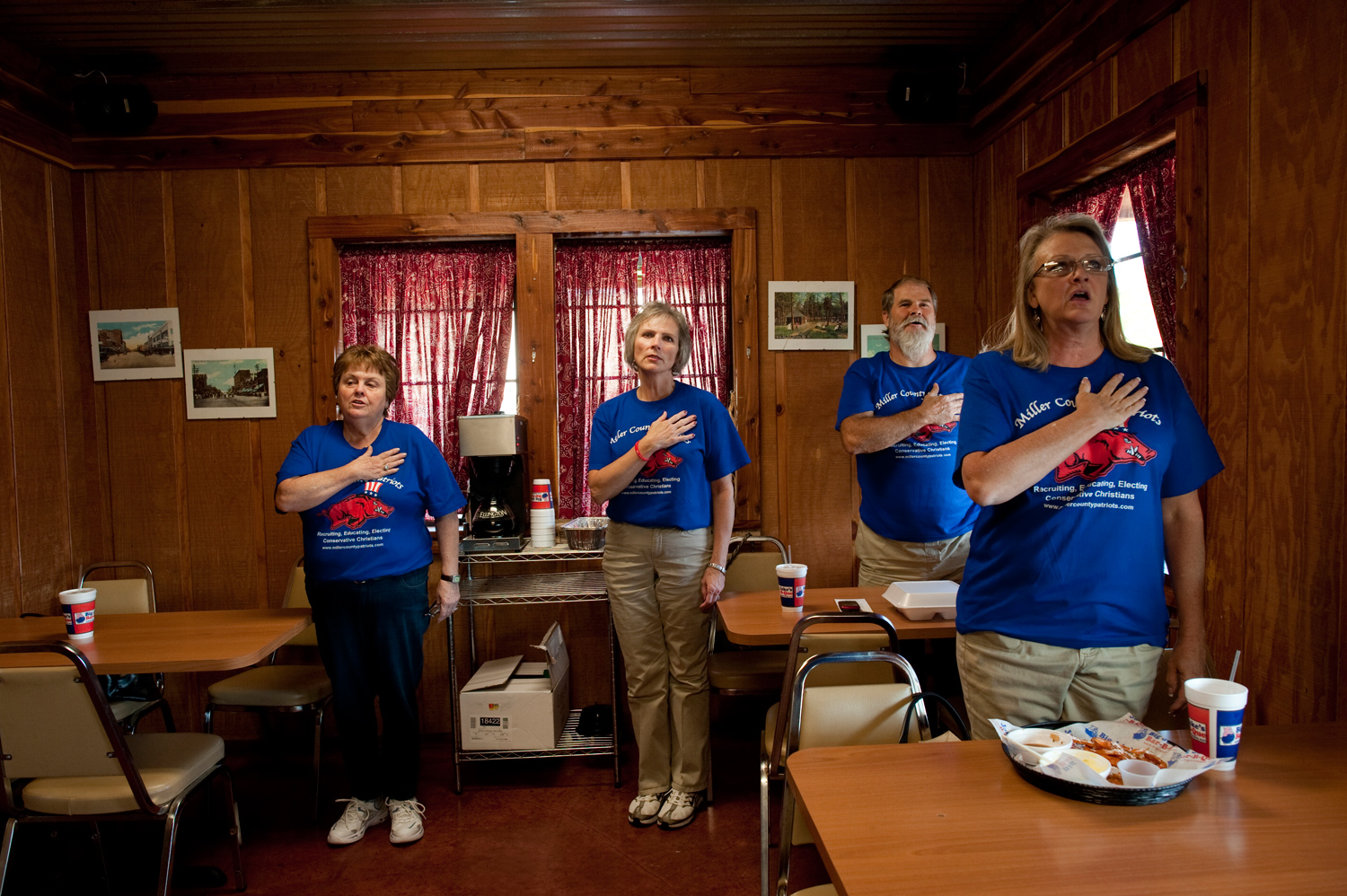
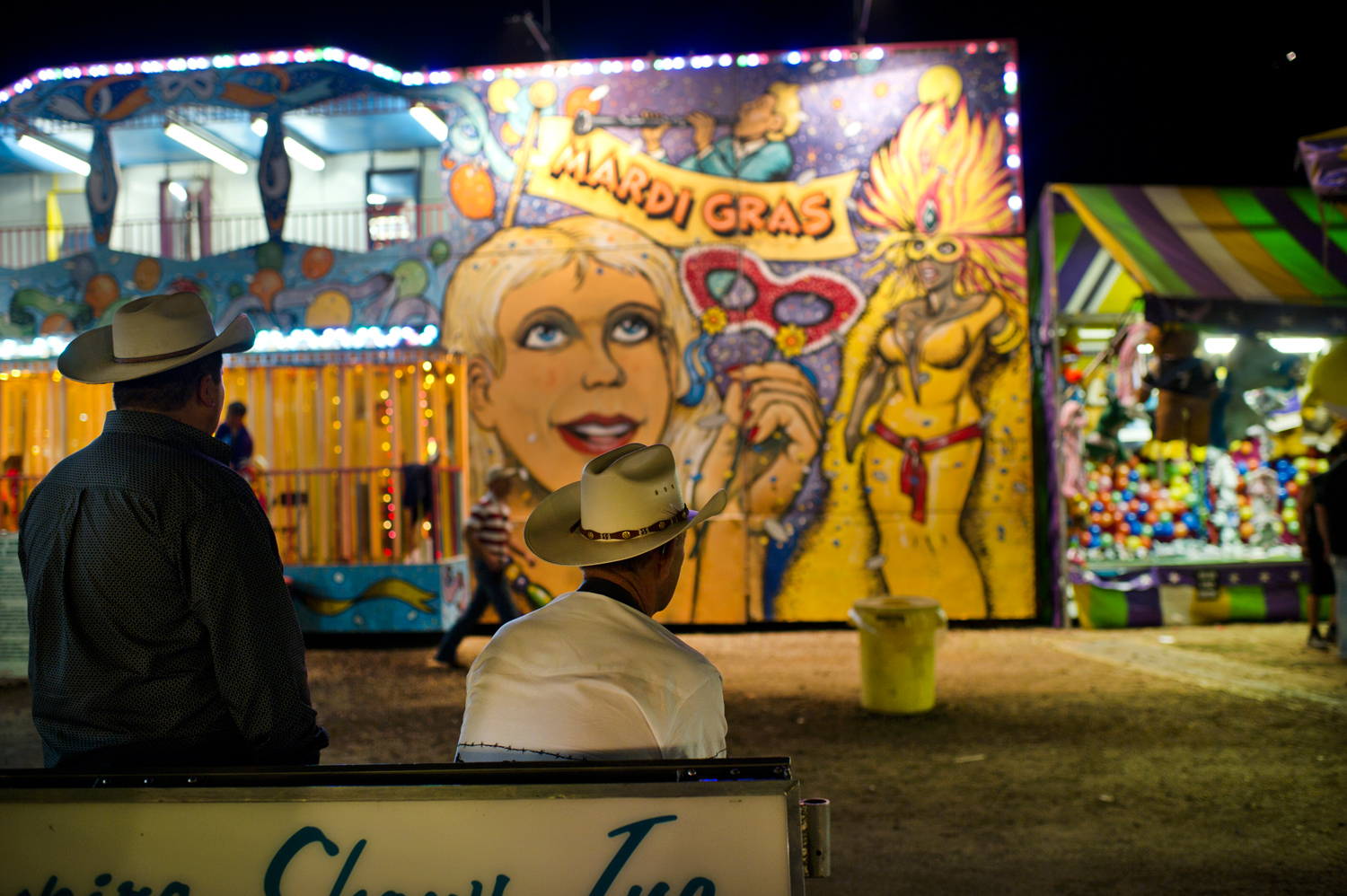

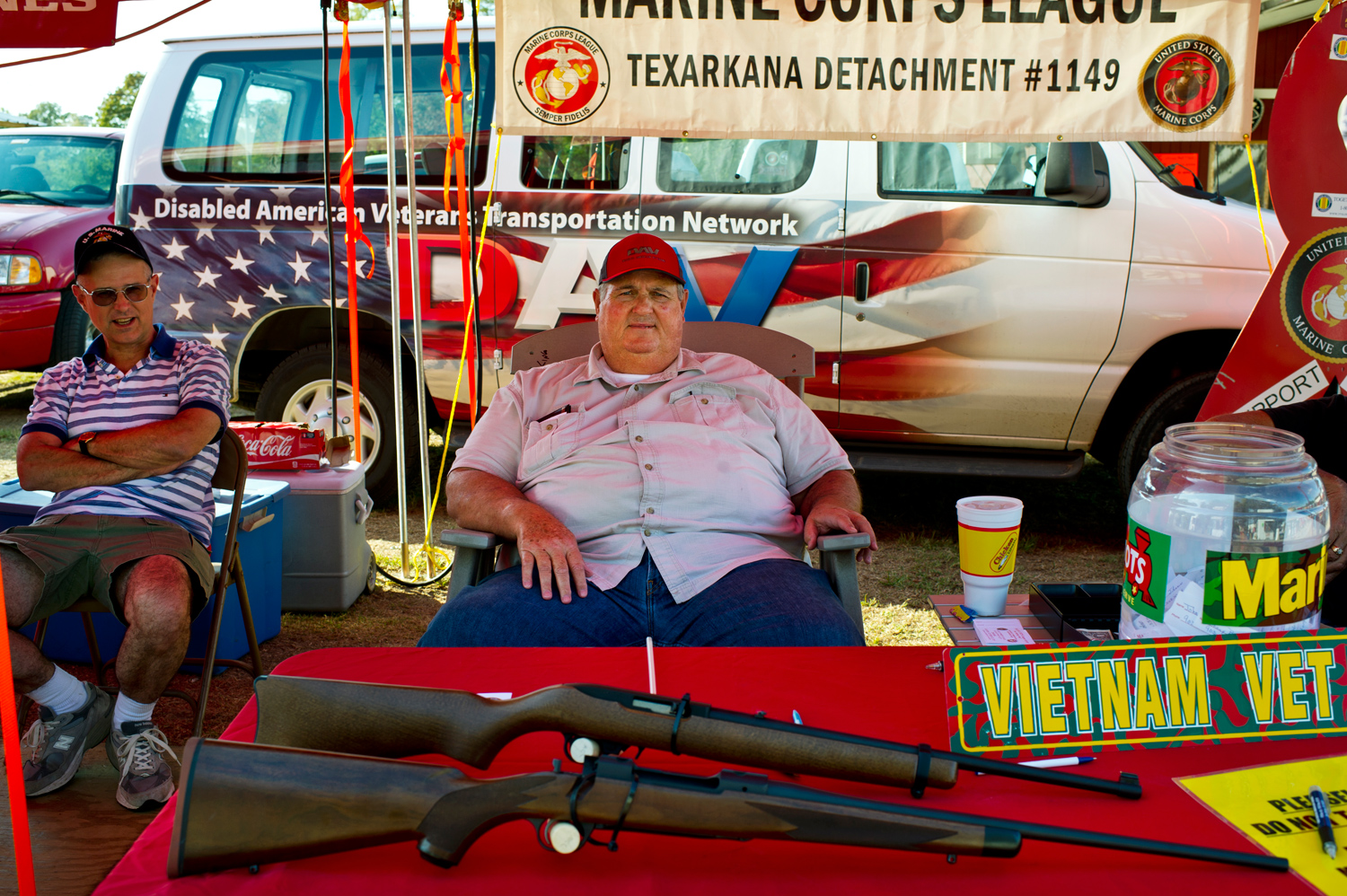
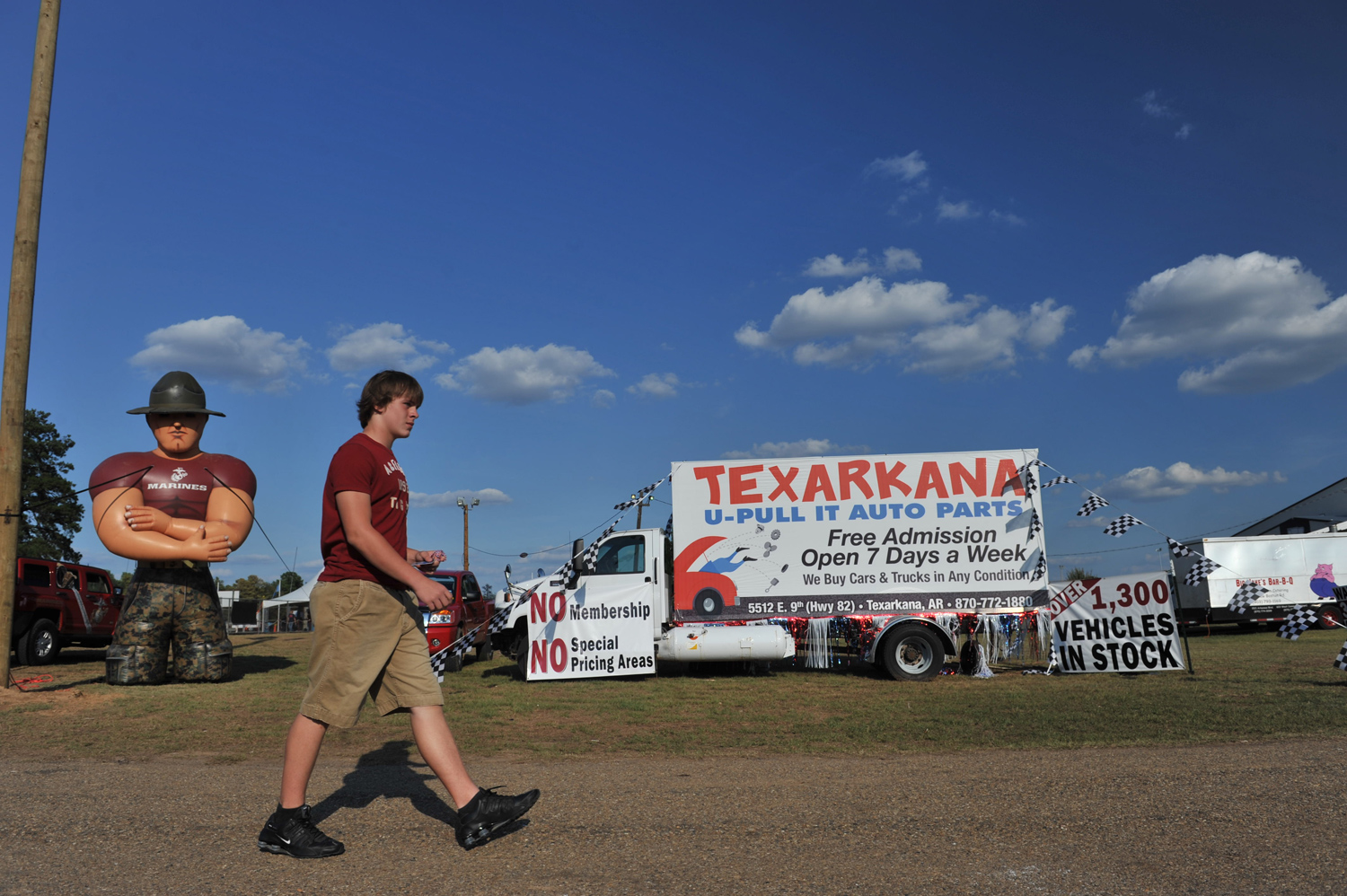


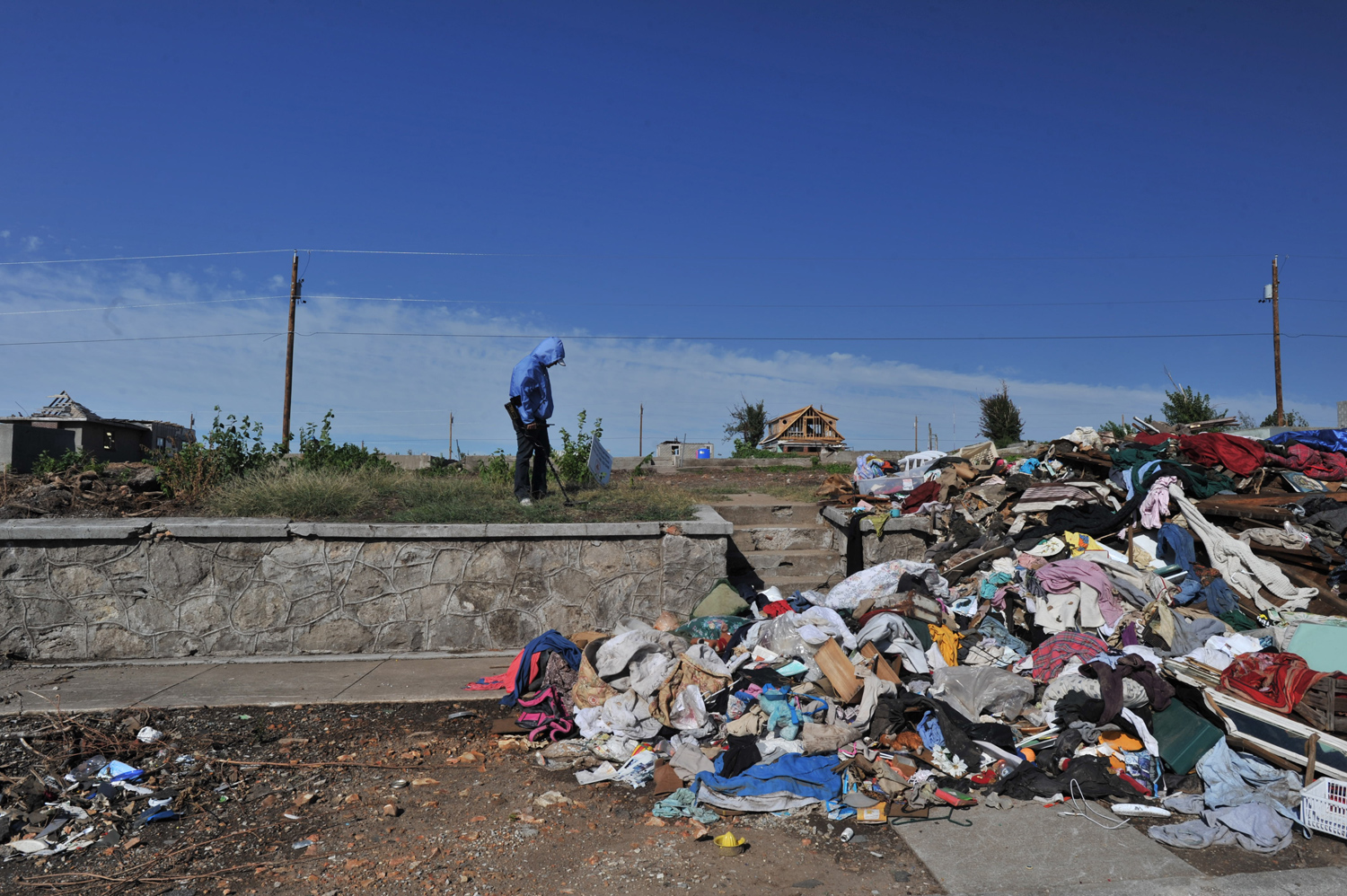
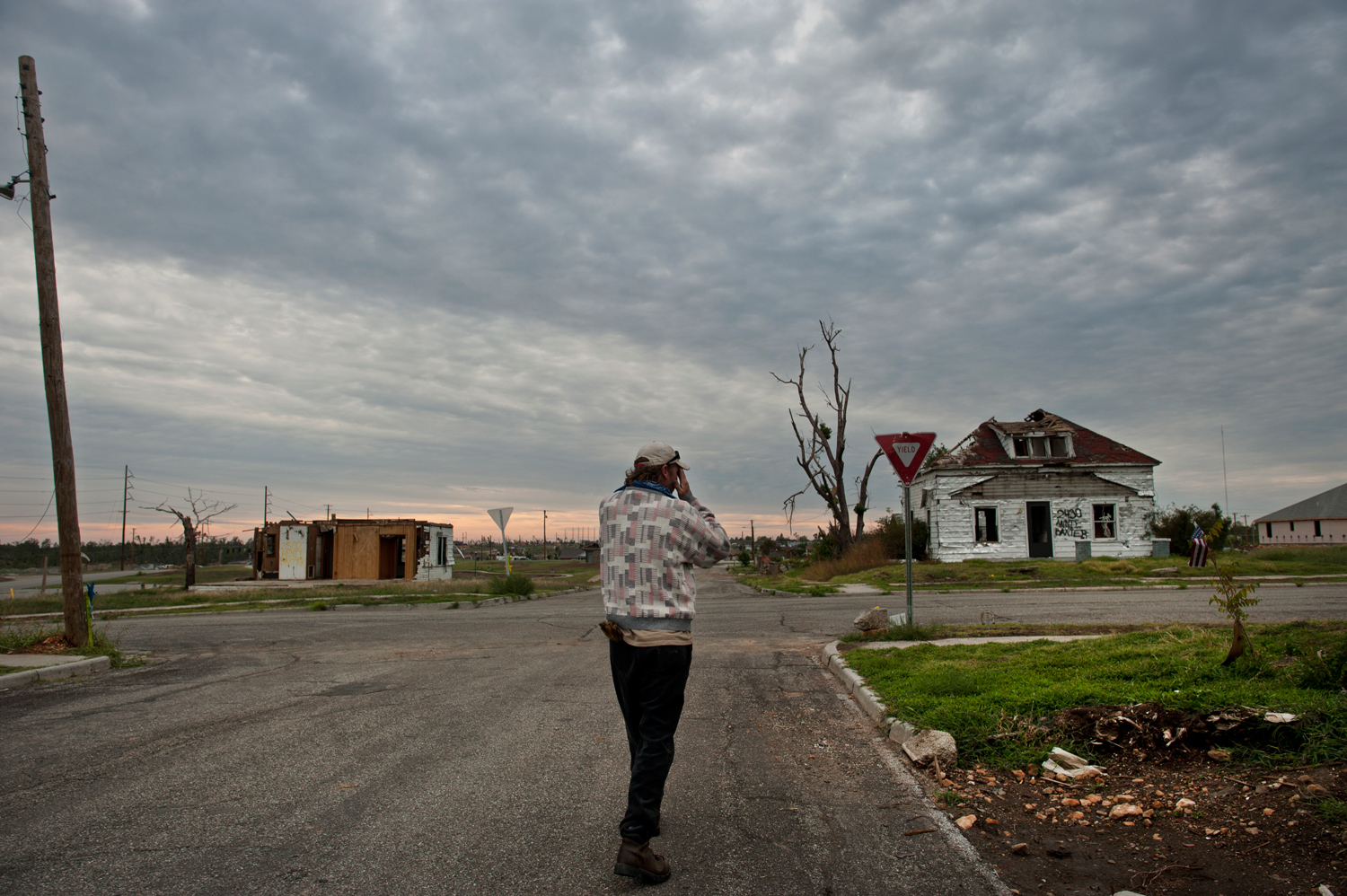
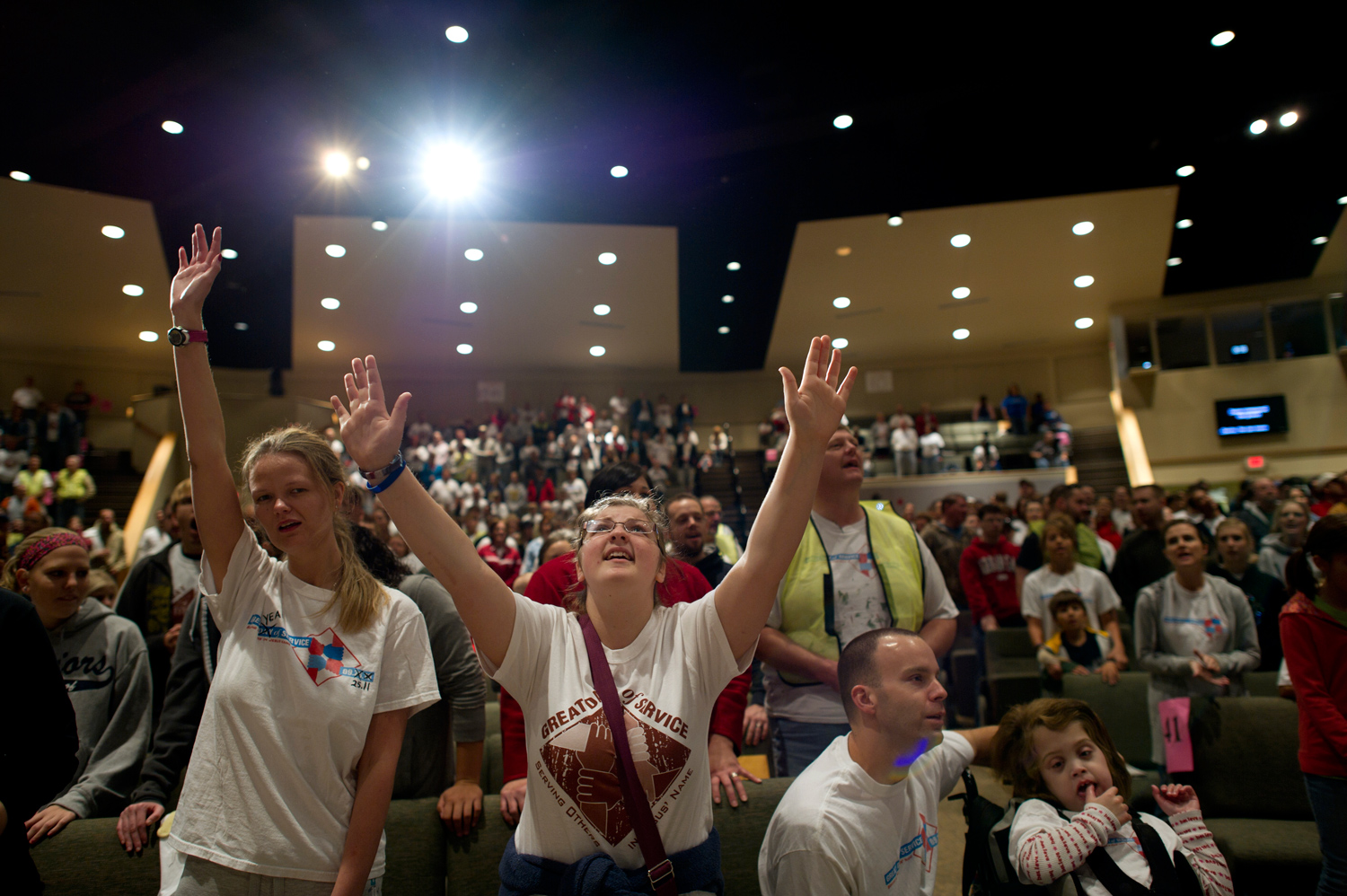
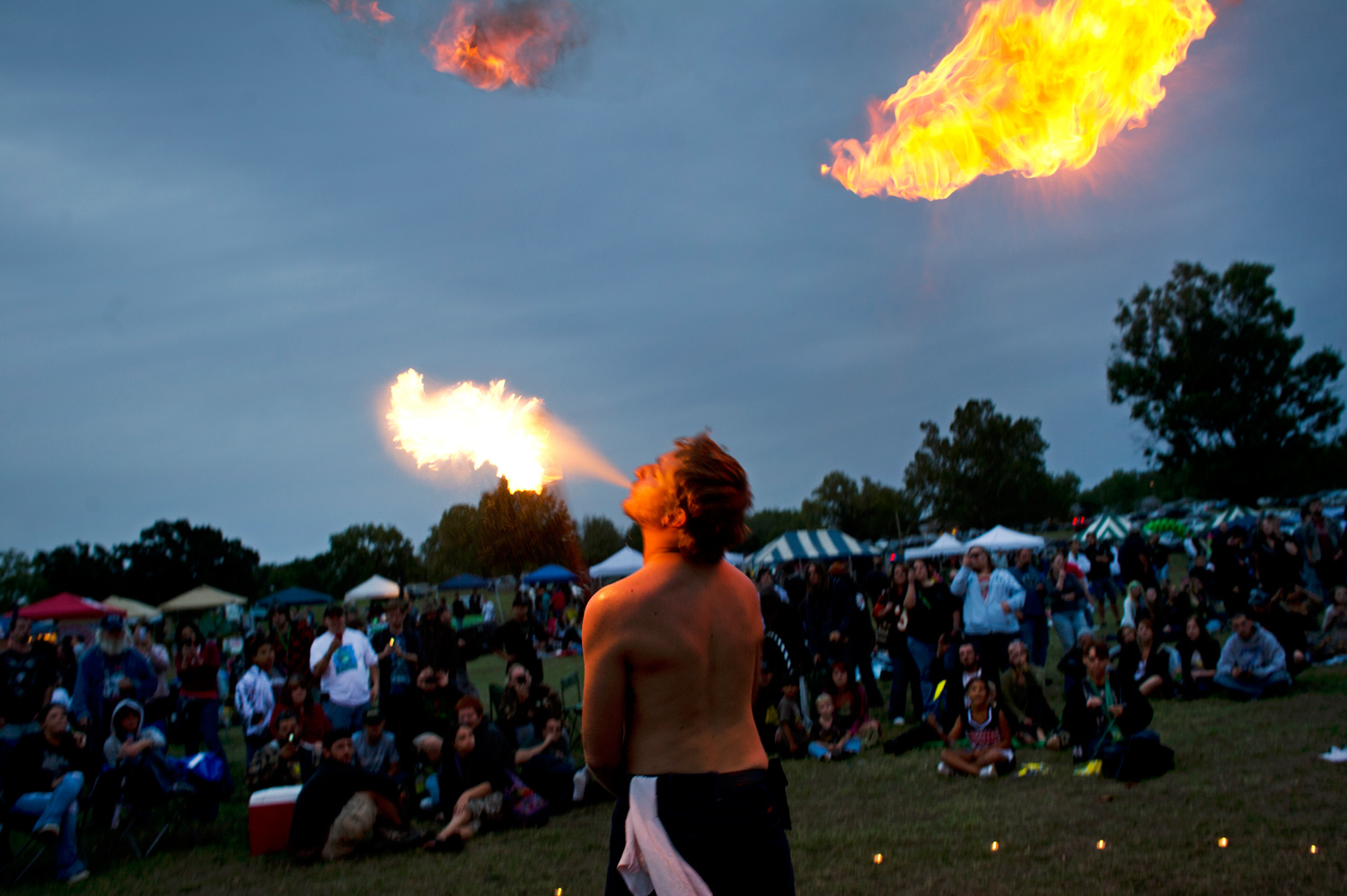
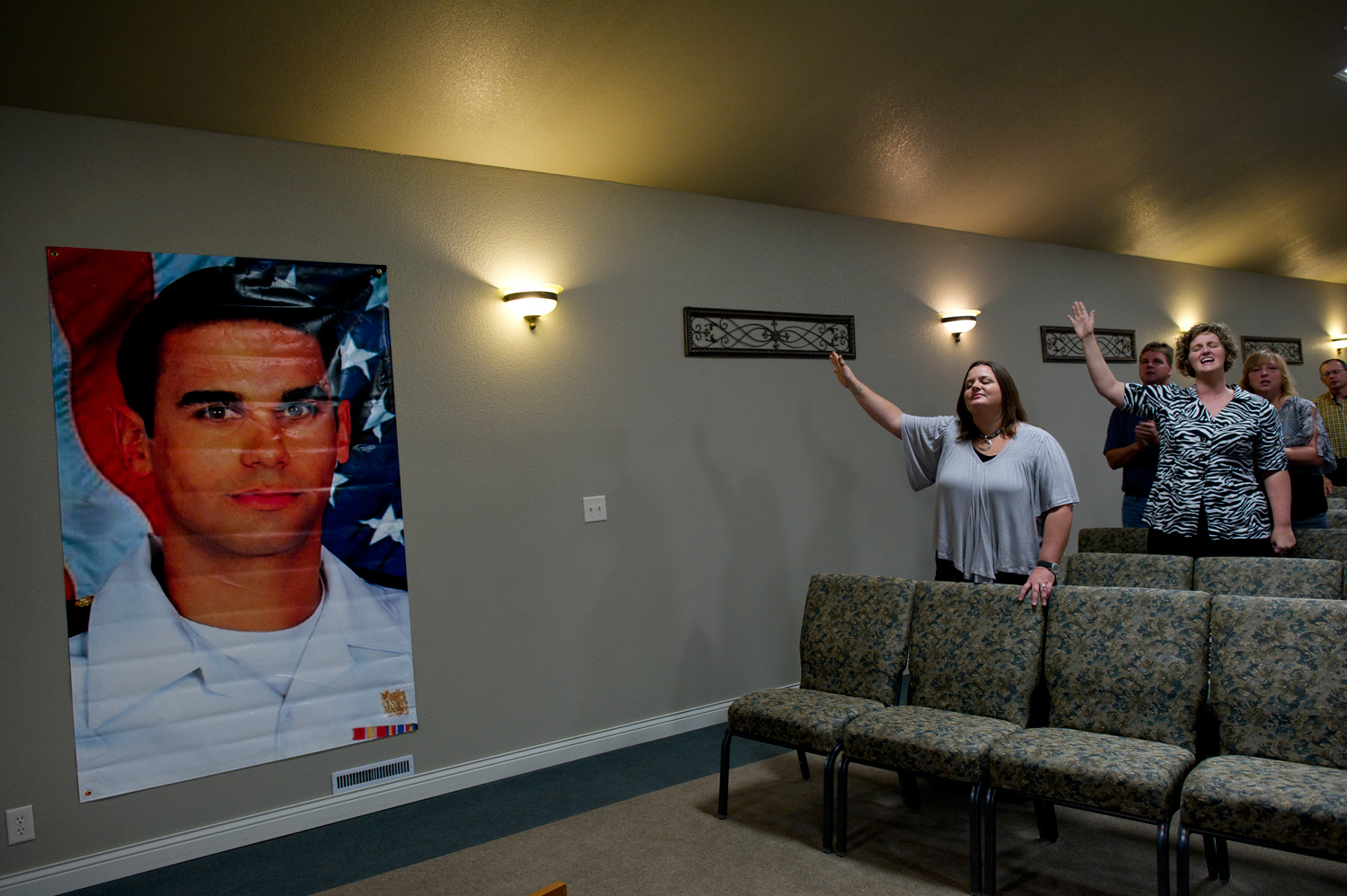
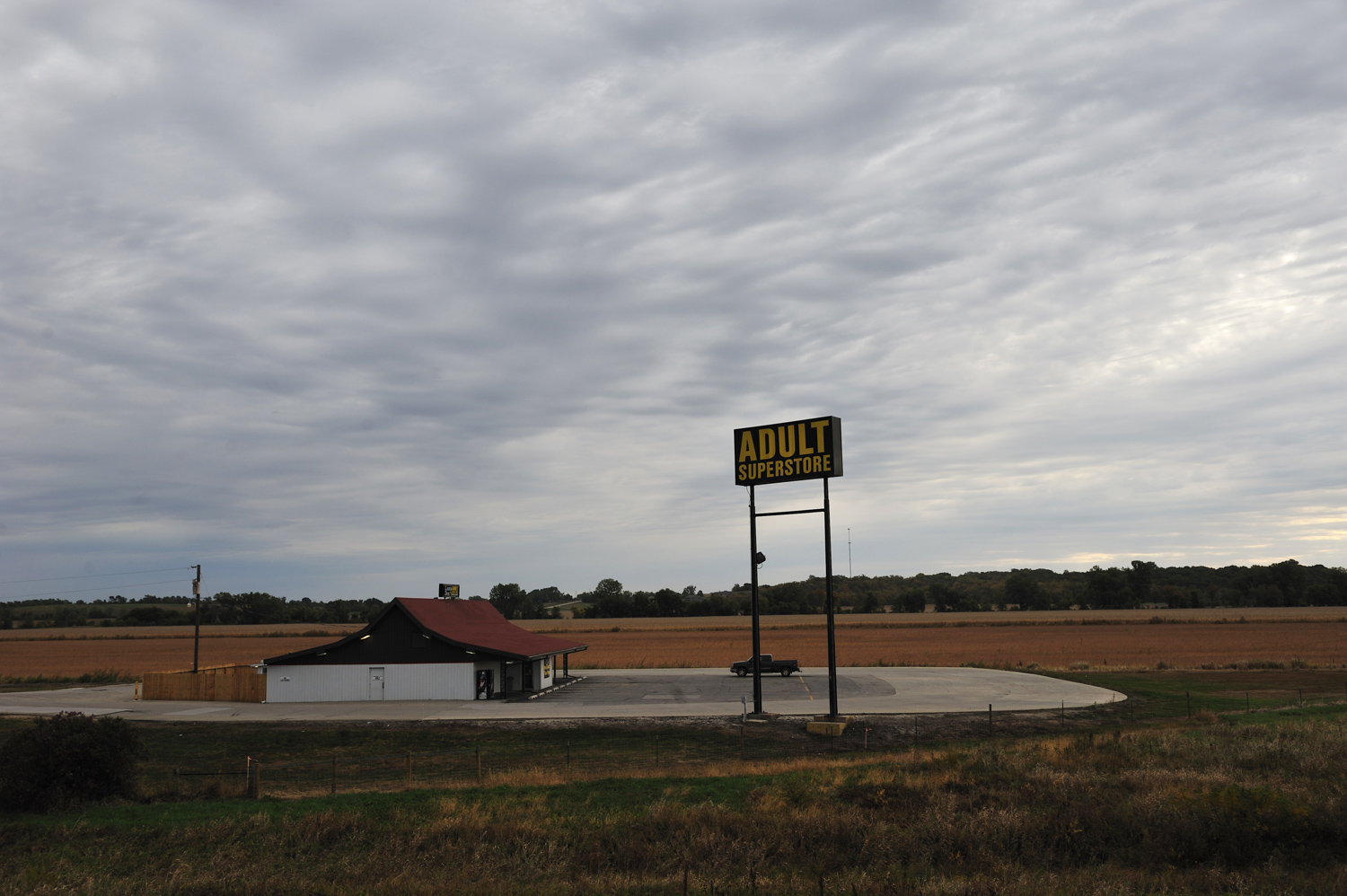
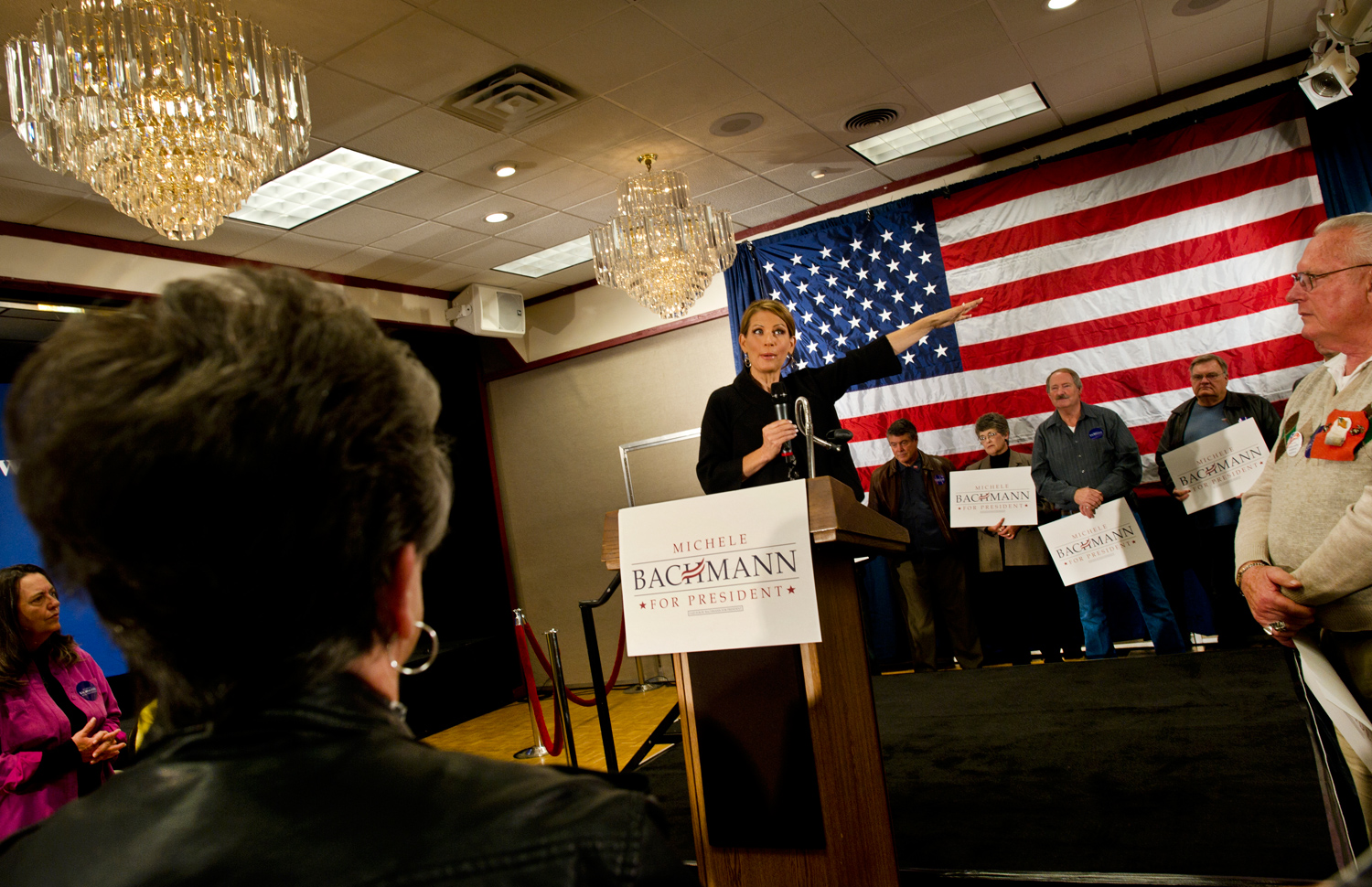
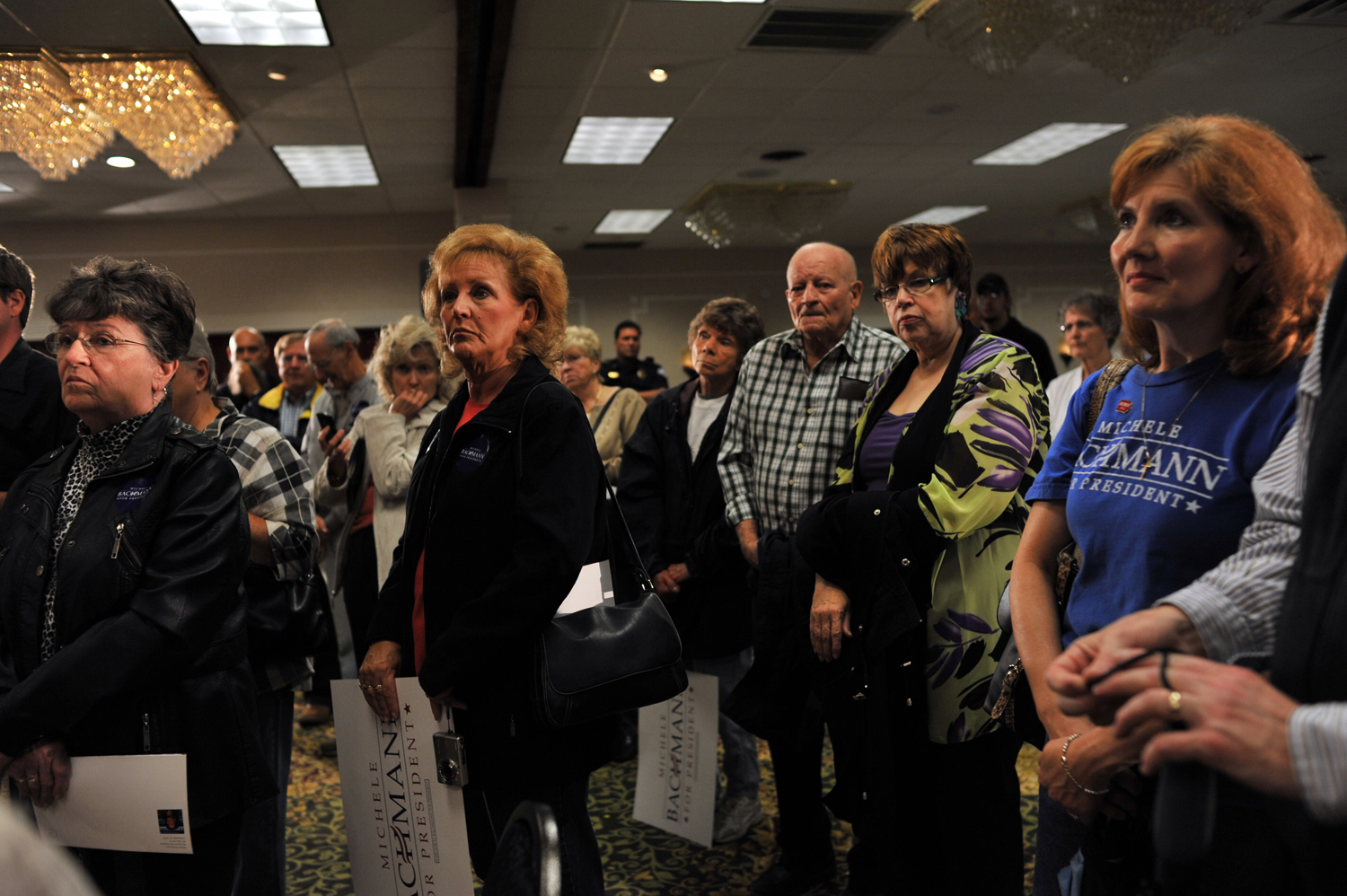
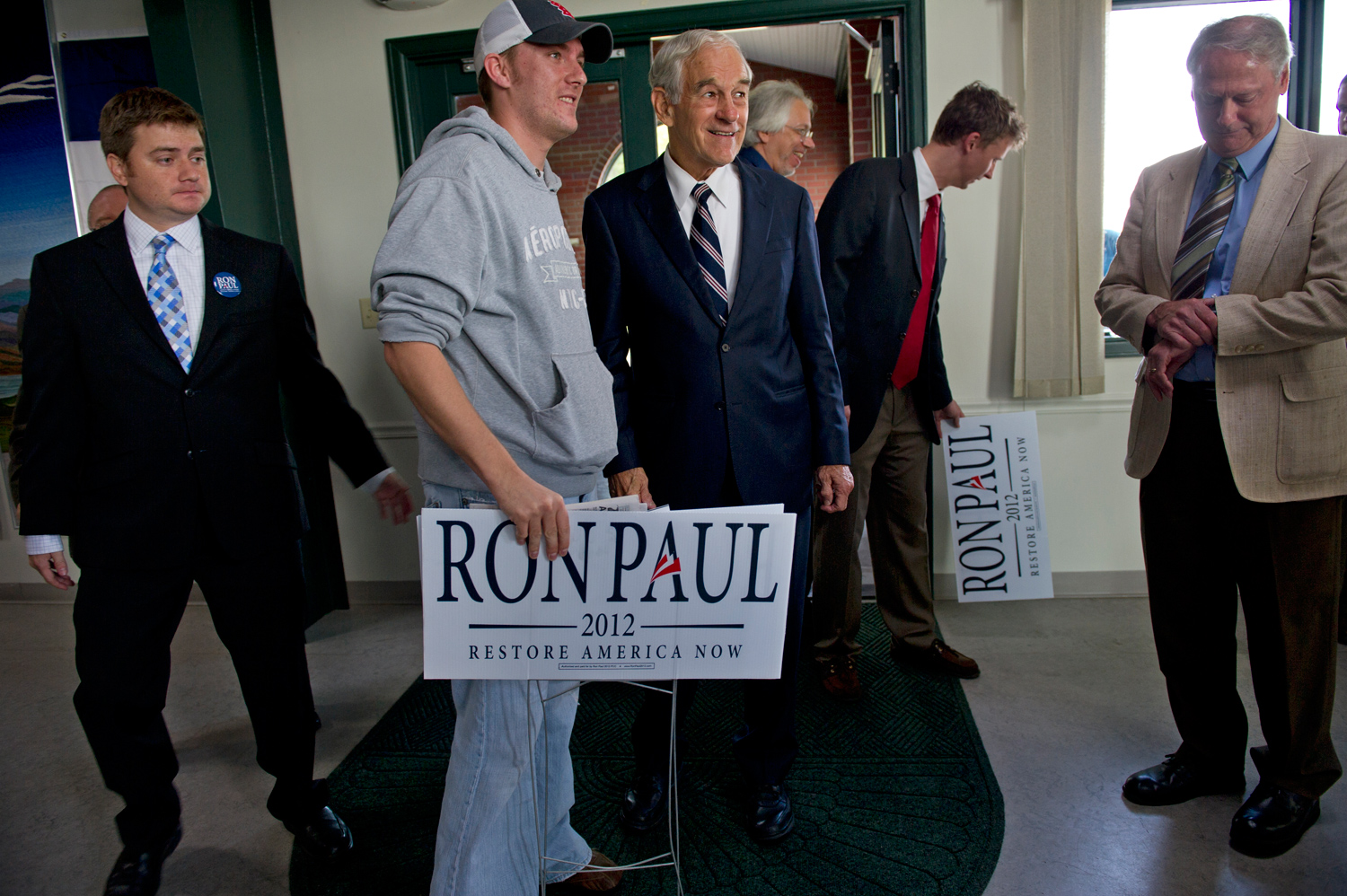

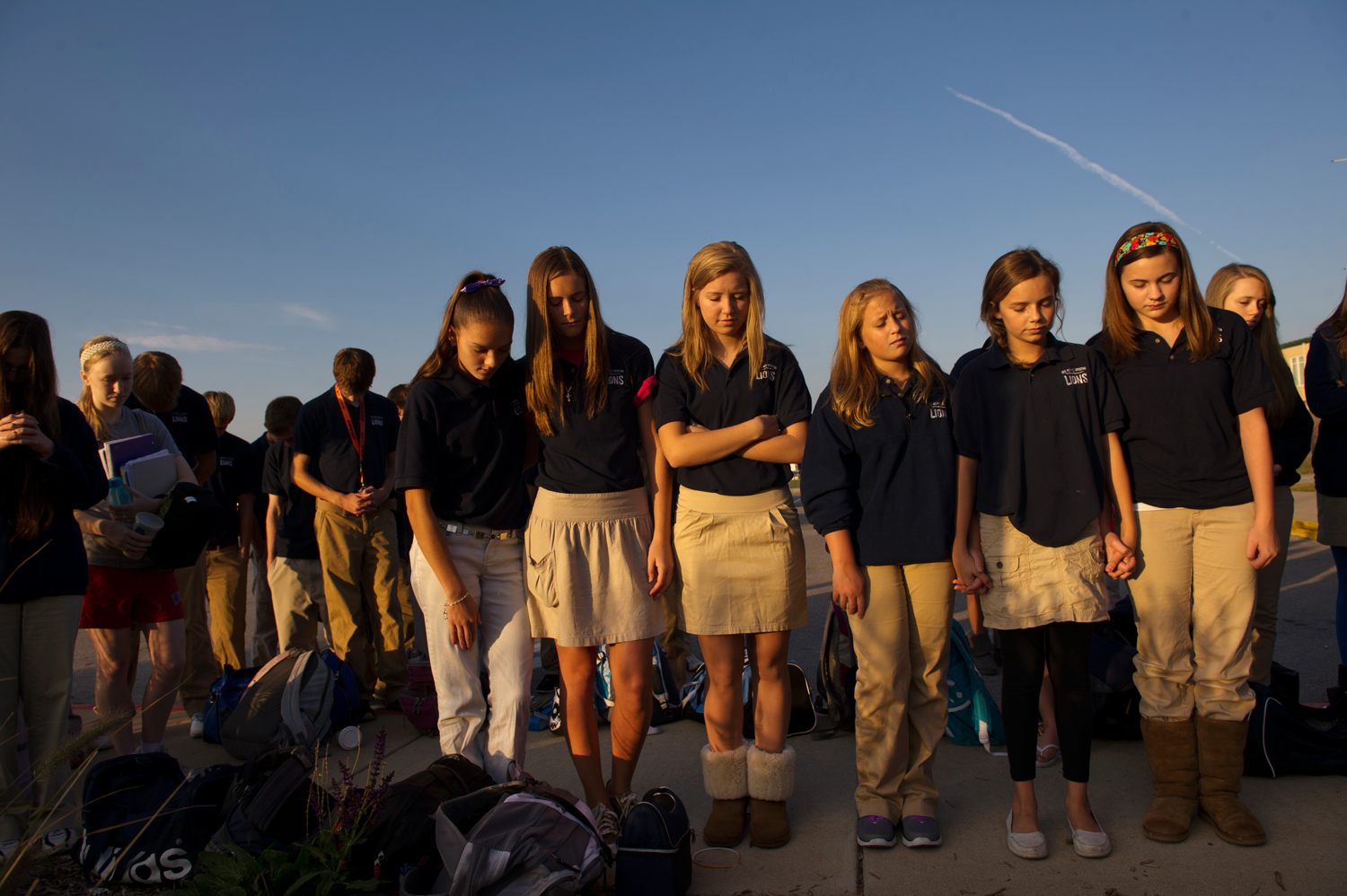


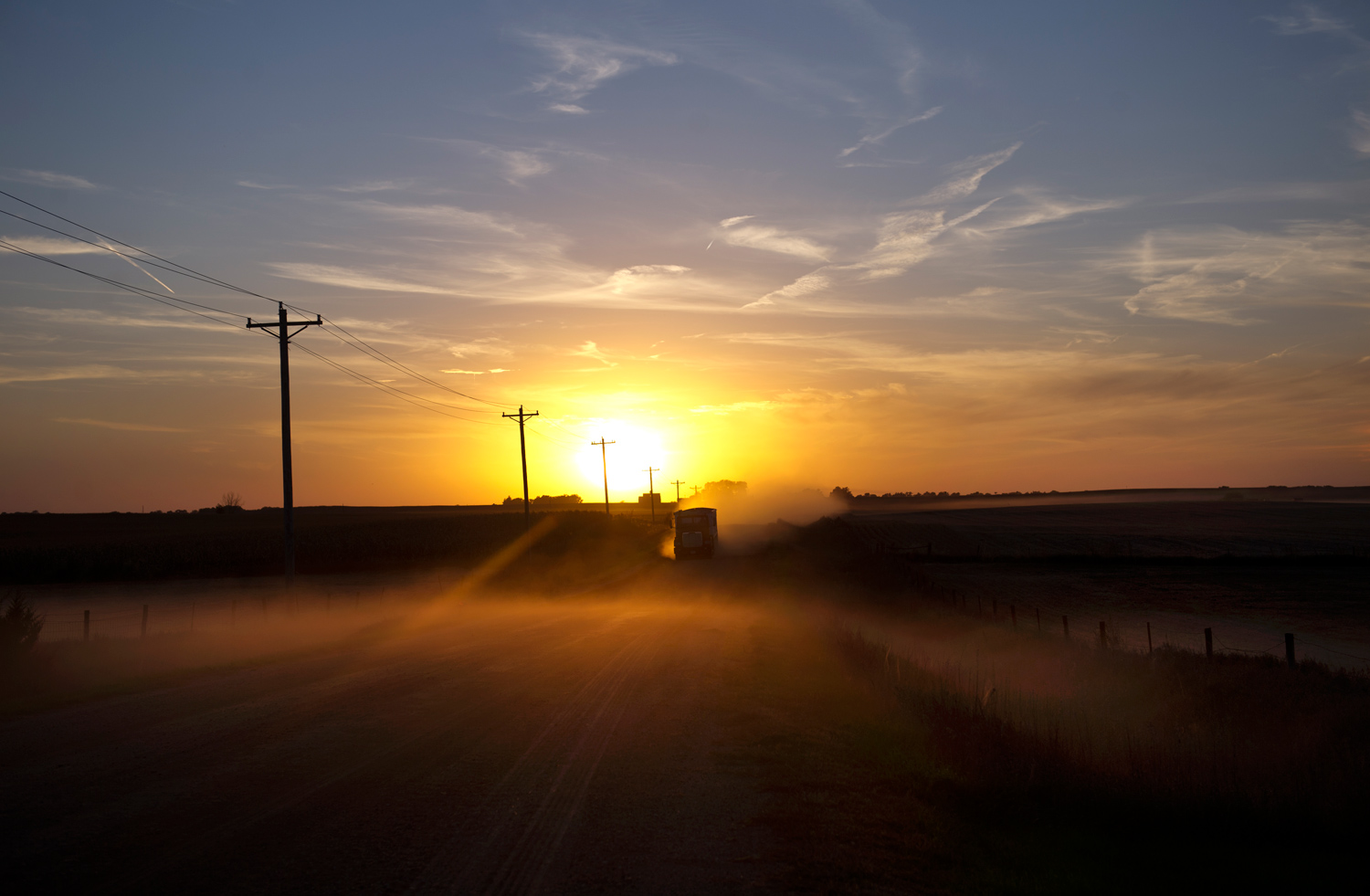
More Must-Reads from TIME
- Inside Elon Musk’s War on Washington
- Meet the 2025 Women of the Year
- The Harsh Truth About Disability Inclusion
- Why Do More Young Adults Have Cancer?
- Colman Domingo Leads With Radical Love
- How to Get Better at Doing Things Alone
- Cecily Strong on Goober the Clown
- Column: The Rise of America’s Broligarchy
Contact us at letters@time.com